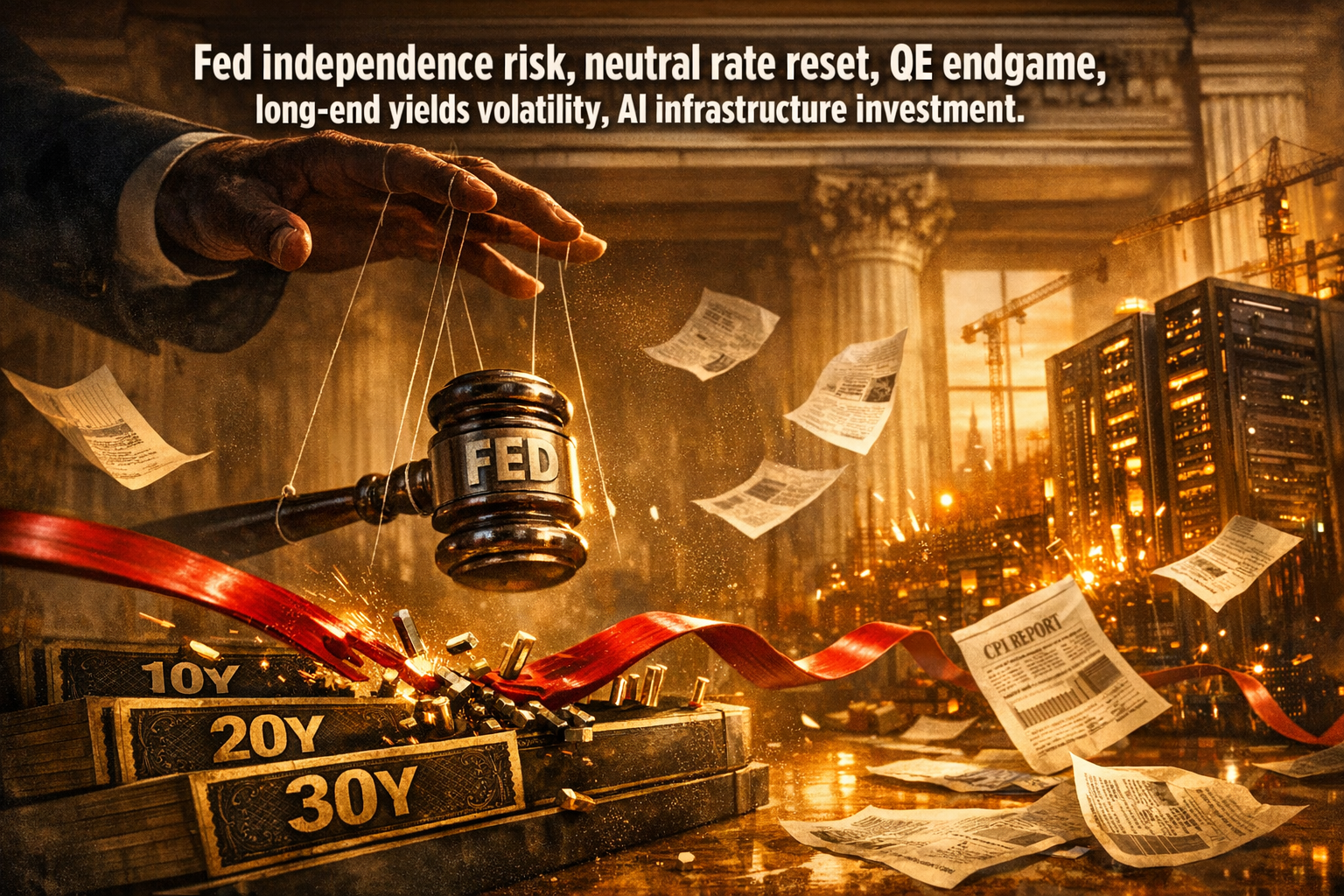● Musk, EU Clash-Tesla, Plunge-Israel, Tariff Proposal
Analysis of Tesla and Global Economic Trends
Today’s content covers important issues across the economy, from Tesla’s stock plunge to trade wars, tariff issues, supply chain disruptions, and technological competition.
Don’t miss out on this comprehensive summary of key points related to the economy, Tesla, trade, tariffs, and technology.
1. Tesla Stock Fluctuations and Market Reaction
Today, Tesla traded at 233.29, recording a 2.56% drop for the day.
Recent weekly volatility is -9.98%, with a -11.19% drop over the past month and a 3.06% drop over six months.
The cumulative decline since January 1, 2025, amounts to 42.23%.
The market opened with a near 10% plunge, followed by a rebound due to fake news about former President Trump temporarily suspending tariffs, before falling again by 6%, showing considerable volatility.
While the actual 3 major indices showed some rebound without a significant drop, concerns about a potential “Black Monday” are widespread among investors.
2. Trends in Tariffs and Trade Wars
The Trump administration imposed a 20% tariff on Chinese imports, followed by an additional 34% tariff on China through reciprocal tariff measures.
China retaliated by imposing a 34% tariff on all U.S. imports, marking the beginning of a full-fledged trade war.
President Trump denied claims of suspending tariffs and threatened to impose an additional 50% tariff if negotiations fail.
Israeli Prime Minister Netanyahu called for the abolition of tariffs imposed on U.S. products, pointing out the unfairness of U.S.-Europe trade.
The European Union also demanded the abolition of tariffs on U.S. automobiles and agricultural products, emphasizing the need for fair trade and mutual cooperation.
3. Supply Chain and Technological Competition Issues
According to Wedbush analysis, even a 10% relocation of the supply chain within the U.S. requires a significant capital expenditure, posing realistic difficulties.
With semiconductor factory construction, labor shortages, and a minimum of 5 years to complete a factory, U.S. technological competitiveness is under threat.
Global technology companies such as Apple and Tesla are likely to experience cost increases and production disruptions due to supply chain restructuring.
Along with this, the technological competition between the U.S. and China is intensifying, raising concerns about short-term issues and a long-term restructuring of global technological hegemony.
4. Tesla Future Strategies and Stock Outlook
In addition to simple stock fluctuations, Tesla faces political risks and brand image crises related to CEO Musk.
Some analysts (e.g., Wedbush) have lowered Tesla’s expected stock price to $315, analyzing that supply chain issues and tariff issues will have a long-term impact.
Concerns about reduced demand in European and U.S. markets are also reinforcing the outlook for a decline in Tesla’s stock price.
In future strategies, responses related to trade and tariff policies and global supply chain restructuring are emerging as very important tasks.
< Summary >
Tesla’s stock traded at 233.29 today, down 2.56%, and has shown a significant downward trend in recent weekly and long-term trends. The situation saw a short-term rebound due to fake news about former President Trump’s tariff suspension, followed by a re-decline, and tariff issues between China and several countries, including the United States, Europe, and Israel, are intricately intertwined. It should also be noted that cost increases due to supply chain relocation and intensifying technological competition could jeopardize the foundation of the U.S. technology industry. All of these issues act as major factors affecting Tesla’s future strategy and stock outlook.
[Related Articles…]
Tesla Stock Outlook Summary
Tariff Trade War Analysis
*YouTube Source: [오늘의 테슬라 뉴스]
– 일론 머스크 EU 와 무관세 요구에 “그는 자동차 조립공 일뿐 논란 확산!” 웨드 부시 테슬라 예상주가 -42% 하락 이유는 ? 이스라엘 무관세 선언 EU 도 협상제안 ?

● Tariff Aftermath – Recession Just Beginning
Tariff Imposition and Economic Development: Analysis of Stock Price Manipulation Controversy, Corporate Investment Contraction, and Employment Shock Side Effects
Tariff Imposition Status and Misunderstandings
Currently, there is no direct price increase or stock price manipulation effect due to tariff imposition.
Many people say that prices have already rebounded due to tariffs, but the actual situation is that tariff imposition has no effect at all.
The stock price manipulation controversy also seems to be caused by factors other than tariff imposition.
Actual Measures Scheduled for Introduction in April
The onboarding FOB condition measures scheduled between April 5th and April 9th are conditions for imposing tariffs at the time of loading goods onto the ship.
This condition applies when the goods are delivered on board, so it is far from an immediate price rebound or stock price manipulation.
Instead, this tariff application is related to logistics and shipping conditions and does not act as a major change factor in the market.
Companies’ Production and Investment Movements
What is more important than the tariff imposition itself is the movement of companies currently stopping production or refraining from investment.
Companies’ choices of “no production” or “no investment” come from concerns about the uncertain economic situation rather than direct association with tariff imposition.
These signs from companies can have a negative impact on the economy in the long term.
Economic Side Effects: Concerns about Investment Contraction and Employment Shock
If companies refrain from production and investment, an investment contraction phenomenon may occur.
This is likely to lead to an employment shock, which will have a negative ripple effect on the real economy.
Therefore, we should pay attention to the huge side effects that may appear after tariff application—that is, the aspects that investment contracts and employment may be shocked—rather than the impact of the tariff itself.
In this context, key keywords such as economy, tariffs, investment, companies, and side effects play an important role.
< Summary >
Currently, tariff imposition does not directly cause price rebounds or stock price manipulation.
Tariff application under the onboarding FOB condition in April is limited to logistics conditions.
The phenomenon of companies postponing production and investment is a result of economic uncertainty rather than tariff imposition.
As a result, investment is contracting, and in the long term, side effects such as employment shocks are likely to occur.
It is necessary to reinterpret the overall market by paying attention to the economy, tariffs, investment, companies, and side effects.
[Related Articles…]
관세 (Tariffs)
투자 (Investment)
*YouTube Source: [와이스트릿 – 지식과 자산의 복리효과]
– 관세 후폭풍 경기 침체는 시작도 안했습니다 / 김광석 교수

● Stock Market Bloodbath Are You Next
Amidst the Chaos of Reality, Bitcoin and the Transformation of Political and Economic Paradigms
1. The Need to Prepare for a Pessimistic Reality and the Future
We are in a situation where each day is becoming more challenging due to the deepening political turmoil and economic uncertainty.
Political left-right conflicts and populist politics are focused on short-term satisfaction, neglecting preparations for future generations.
What should we choose in this era?
An asset that will protect my purchasing power: Bitcoin, which embodies freedom of expression and technological philosophy.
2. The Philosophy of Holding Bitcoin and Its Legal Status
Bitcoin cannot be seen as a mere investment tool.
The act of directly storing Bitcoin is a declaration of managing my assets independently and safeguarding my freedom.
– Bitcoin is digital information protected by computer code and encryption technology.
– Storing seed phrases on paper or in one’s mind is an act that falls under the constitutional freedom of expression.
– Unlike gold or traditional assets, this is a linguistic act and an action that realizes my personal philosophy and freedom.
3. The Development of Cryptography and the Birth of Bitcoin
The origin of Bitcoin cannot be explained as merely the emergence of a single technology.
It is the historical product of decades of development in cryptography, the internet, and computer network technology.
– There is a 1999 U.S. case precedent where encryption technology was recognized as freedom of expression.
– The philosophy of the cypherpunk movement and cryptography pioneers laid the foundation for the Bitcoin system.
– Bitcoin, as a unit called “coin,” is a highly complete system that creates independent economic value through users and cryptographic keys.
4. Changes in U.S. Politics and Economic Paradigms
As the U.S. political sphere recently officially supports the adoption of Bitcoin, a wave of reorganization is blowing across politics and the economy.
– A president who supports Bitcoin for the first time has emerged from the White House.
– Along with middle-class-focused policies, there is an atmosphere of re-evaluating globalization and technological competition.
– Statements from government officials such as Vincent emphasize the importance of a long-term healthy economic structure rather than short-term consumption.
All of these flows stem from reflection on the existing centralized financial system and
flawed economic policies.
In the midst of these changes, Bitcoin is likely to establish itself as a core asset
as a means of independent property management, expression, and realization of philosophical freedom.
5. Summary of Key Points and Future Outlook
– In order to prepare for the future amidst a pessimistic political/economic reality, we must choose Bitcoin as an asset to protect our purchasing power.
– Storing Bitcoin is not just about possession; it is an important act linked to constitutional freedom of expression.
– Through the historical context of cryptographic technology development and cypherpunk philosophy, Bitcoin is more than just an investment tool; it is a symbol of freedom, expression, and economic restructuring.
– The U.S. political sphere supports Bitcoin, presenting a new economic paradigm and global economic outlook.
– All of these elements are expected to play an important role in future market analysis and overcoming economic crises.
In the midst of the chaos of real-world politics and economics, the importance of asset selection for future preparation is highlighted.
Bitcoin is more than just an investment tool; it is a key word for freedom of expression, cryptographic technology philosophy, global economic outlook, market analysis, and economic crisis response.
The act of holding Bitcoin is evolving into a new economic paradigm that safeguards my freedom and overcomes the limitations of a centralized financial system.
[Related Articles…]
Bitcoin Future Changes
Policy Innovation and Economic Restructuring
*Source : [하워드의 투자생각] 주식 때문에 힘든 사람들은 꼭 보세요



